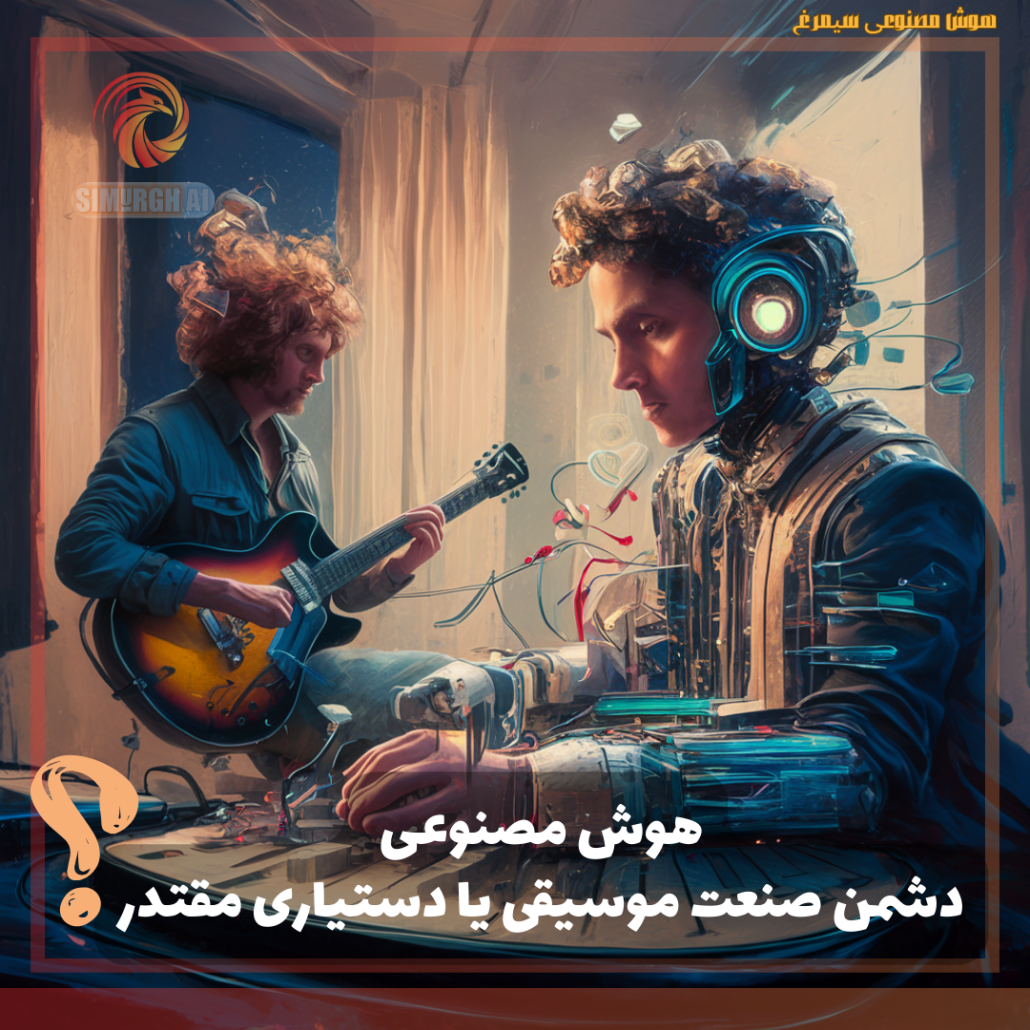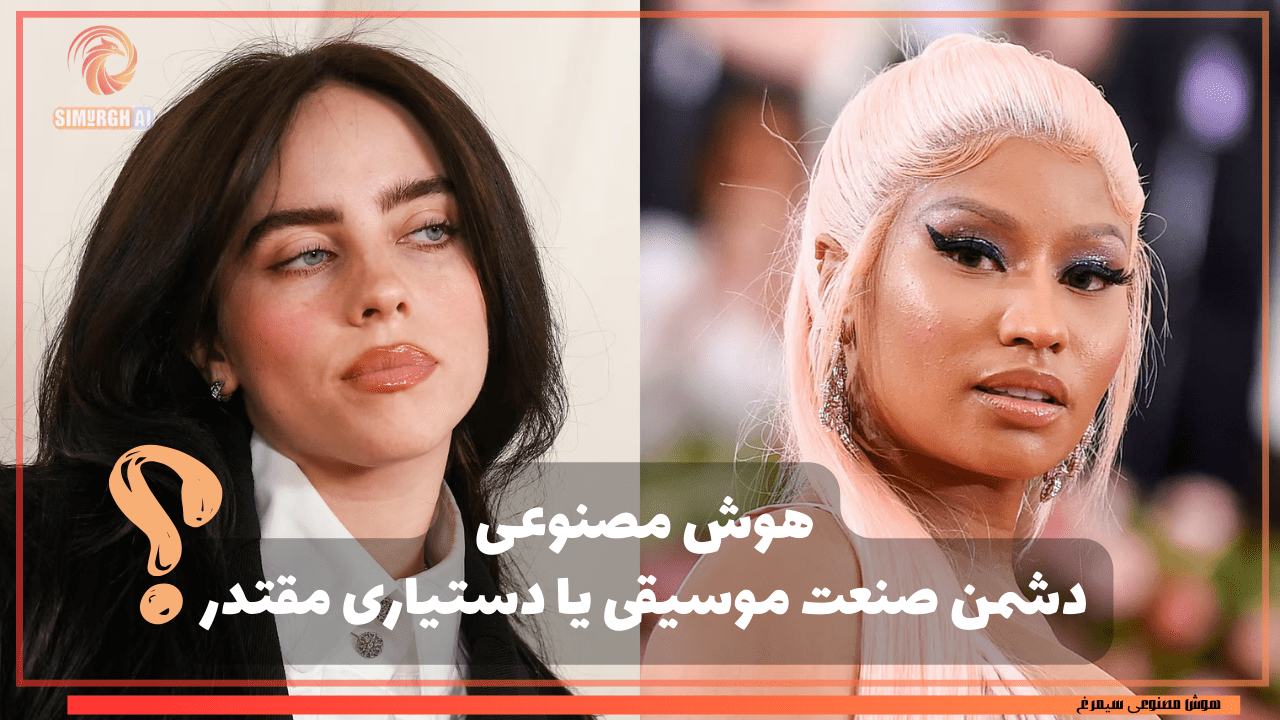Over 200 renowned musicians, including Billie Eilish, Nicki Minaj, and Stevie Wonder, have signed an open letter expressing their concerns about the “predatory” use of artificial intelligence (AI) that mimics human artists’ voices, likenesses, and sounds.

Over 200 renowned musicians, including Billie Eilish, Nicki Minaj, and Stevie Wonder, have signed an open letter expressing their concerns about the “predatory” use of artificial intelligence (AI) that mimics human artists’ voices, likenesses, and sounds.
The letter warns against the unbridled use of AI, which they believe could lead to a “race to the bottom” in terms of artistic quality. They call on tech companies to pledge not to develop AI tools that undermine or replace human songwriters and artists.
The use of AI for music production has raised significant concerns. One of the main issues is the training of AI models with artists’ work without their consent. Artists argue that this violates their “intellectual property rights” and undermines the “authenticity of artistic creation.”
Tom Kiehl, CEO of the UK Music organization, agrees with the artists. He says, “Using artists’ work to train AI without their permission is a form of theft.”
On the other hand, some artists have embraced AI. For example, electronic music artist Grimes has allowed her fans to use her voice without restriction in their own works.
So, is AI a threat or an opportunity for the music industry?
The answer is likely complex and multifaceted. AI has the potential to revolutionize music production, making it more efficient and accessible to a wider range of people. However, it also raises important ethical and legal questions that need to be addressed.
It is crucial for the music industry to have a thoughtful and open dialogue about the role of AI. This dialogue should involve artists, tech companies, policymakers, and other stakeholders. Only then can we ensure that AI is used in a way that benefits everyone.
بیلی آیلیش، نیکی میناژ و ۲۰۰ هنرمند مطرح دیگر، نگران استفادهی “غارتگرانه” از هوش مصنوعی در صنعت موسیقی هستند.
این هنرمندان در نامهای سرگشاده، نسبت به استفادهی بیرویه از هوش مصنوعی که به عقیدهی آنها باعث “کاهش کیفیت آثار هنری” میشود، هشدار دادهاند. آنها از کمپانیهای فناوری خواستهاند که از توسعهی هوش مصنوعی برای ساخت موسیقی که جایگزین هنرمندان شود، خودداری کنند.
استفاده از هوش مصنوعی برای تولید موسیقی، چالشهای مهمی را به وجود آورده است. آموزش مدلهای هوش مصنوعی با آثار هنرمندان بدون اجازهی آنها، یکی از این نگرانیهاست. هنرمندان معتقدند این کار، “حقوق مادی و معنوی” آنها را نقض میکند و به “اصالت آثار هنری” آسیب میزند.
تام کیهل، مدیر انجمن موسیقی انگلستان، با هنرمندان موافق است و میگوید: «استفاده از آثار هنرمندان برای آموزش هوش مصنوعی بدون اجازهی آنها، نوعی دزدی است.»
از طرف دیگر، برخی هنرمندان هم از هوش مصنوعی استقبال کردهاند. برای مثال، Grimes، هنرمند موسیقی الکترونیک، به طرفدارانش اجازه داده تا بدون محدودیت از صدای او در آثارشان استفاده کنند.
نظر شما، هوش مصنوعی در صنعت موسیقی، تهدید است یا فرصت؟


